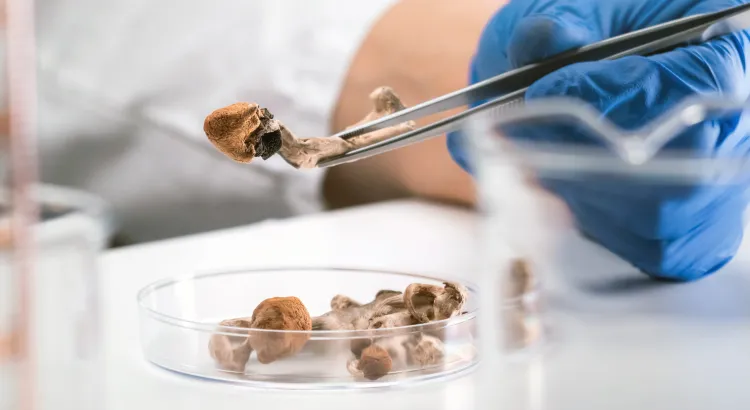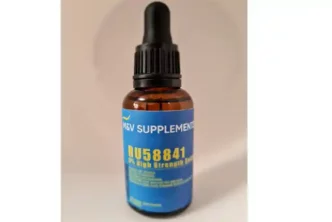Microdosing psilocybin mushrooms is an increasingly popular trend among people looking to enhance their mental and physical well-being. Microdosing is the practice of taking a very small dose of a psychedelic substance, such as psilocybin mushrooms, and using it to improve mood, creativity, focus, and other areas of cognitive functioning. The effects of these doses are subtle, but these small doses can have a profound impact on a person’s overall well-being.
The effects of microdosing psilocybin mushrooms have been studied for decades, and research has shown that these tiny doses can produce a variety of positive effects. These effects include improved mood, increased creativity, better focus and concentration, improved sleep quality, and even a reduction in anxiety and depression. Microdosing can also lead to increased empathy and compassion, improved decision making, and enhanced problem solving skills.
Microdosing psilocybin mushrooms is generally considered safe, but it is important to be aware of potential risks. It is important to use a very small dose, as larger doses can lead to uncomfortable experiences. It is also important to be aware of the legal status of psilocybin mushrooms in your area, as these substances are illegal in many countries. Finally, it is important to be aware of any potential interactions between psilocybin mushrooms and any medications you may be taking.
Microdosing Psilocybin for Anxiety and Depression
Psilocybin is a relatively new and promising approach to treating anxiety and depression. Psilocybin is a naturally occurring psychedelic compound found in certain types of mushrooms. Microdosing involves the consumption of a very small dose of psilocybin, usually between 0.1 and 0.3 grams, once every few days.
Studies have shown that Microdosing Psilocybin Mushrooms can help to reduce symptoms of anxiety and depression. In one study, participants who had been diagnosed with major depressive disorder reported a significant reduction in symptoms after undergoing a course of psilocybin microdoses. Another study found that microdoses of psilocybin improved symptoms of social anxiety in participants with social anxiety disorder.
The mechanism behind this anti-anxiety effect is not yet clear, but it is likely related to the compound’s ability to alter the brain’s serotonin and dopamine levels. Serotonin is a neurotransmitter that helps regulate mood, and dopamine is a neurotransmitter that plays a role in reward and motivation. By altering these levels, psilocybin may be able to help reduce symptoms of anxiety and depression.
While research into the potential benefits of microdosing psilocybin is still in its early stages, it is an exciting area of study. If you are interested in exploring microdosing as a potential treatment for anxiety or depression, it is important to speak with a medical professional first. Microdosing psilocybin is not without risk, so it is important to take all necessary precautions and make sure that you are aware of any potential side effects or interactions with other medications.
Overall, microdosing psilocybin mushrooms can be a great way to improve mental and physical well-being. While more research is needed, the evidence suggests that these tiny doses can have a profound impact on our overall health and well-being.
In conclusion, microdosing psilocybin mushrooms has the potential to be a powerful tool for improving mental health and overall wellbeing. It can help to reduce anxiety and depression, improve focus, and increase creativity. Despite the potential benefits, it is important to remember that microdosing is not a substitute for traditional therapies, and users should proceed with caution and consult with a healthcare professional before beginning a microdosing regimen.





